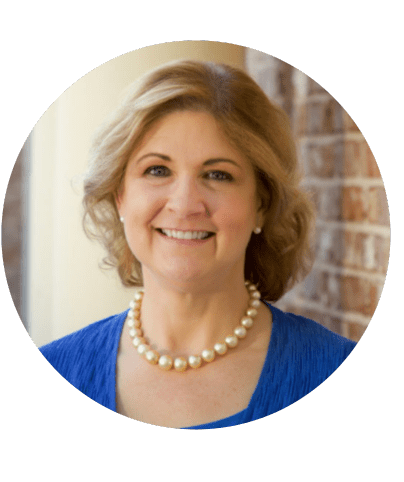A Day in the Life of a Counselor at a Child Advocacy Center

By Kendall Wolz
Mental Health and Wellness Manager at Mosaic Georgia
 When I was in graduate school, I regularly heard my peers talk about their dreams of owning a private counseling practice, working in a school system with students, or working on a behavioral health unit of a hospital. I do not recall anyone talking about opportunities to work as a therapist/counselor at a Child Advocacy Center.
When I was in graduate school, I regularly heard my peers talk about their dreams of owning a private counseling practice, working in a school system with students, or working on a behavioral health unit of a hospital. I do not recall anyone talking about opportunities to work as a therapist/counselor at a Child Advocacy Center.
A Child Advocacy Center (CAC) is a child-friendly, safe and neutral location where law enforcement and other investigators conduct and observe forensic interviews with children who are victims of crimes. The center is also a place where children and non-offending caregivers receive support, crisis intervention, and referrals.
Working as a therapist/counselor at a Child Advocacy Center is a unique opportunity that requires dedication, patience, and a willingness to walk with people through their significant traumatic experiences. Some days are filled with sadness for the child who has been hurt, outrage at systems and policies that still fail children, and anger towards perpetrators that have grossly harmed little ones. Amid the hard days, there are many glimmers of hope and celebrations. Our “why” reignites when we hear how a child effectively managed a trauma trigger using coping skills practiced in session. Our hearts are filled with joy when a child completes their trauma narrative signifying, they are ready to graduate from therapy. Each time a child shows up to session, willing to do the work of therapy, we are reminded of the resilience and strength children possess.
So, what is a day like for a therapist/counselor at Mosaic Georgia?
We rarely have two days that look the same in a given week at Mosaic Georgia. Our therapists manage a caseload of individual clients and schedule weekly sessions with each of them. We also facilitate various support groups during the week for non-offending caregivers and adult survivors of sexual trauma.
We participate once a month in multi-disciplinary team (MDT) meetings which allow us to interact with our partner agencies to ensure the clients we serve are receiving the assistance they need. Child Advocacy Centers work within a multi-disciplinary team of law enforcement, child protection agencies, district attorney’s offices, and other organizations involved in cases where child maltreatment has been disclosed. Multidisciplinary teams are integral for trauma-informed responses to children and their families. One way the MDT serves children and their families is that the intergroup communication prevents a child from having to tell their story multiple times to each agency involved in the response.
Our team of therapists/counselors also provide crisis counseling intervention when a child or adult comes to the center and needs immediate mental health support. Between sessions with clients, leading support groups, and meeting with the rest of the Mosaic Georgia staff and partner organizations, our team is busy building treatment plans for clients, attending trainings to increase awareness of best practices, and building resources for clients and the community.
Did you know that there are 47 Child Advocacy Centers in Georgia?
Throughout the United States there are Children’s Advocacy Centers providing critical services to children and families after outcries of abuse. If you know someone pursuing a career in the mental health field, I encourage you to share with them and make sure they are aware of the opportunity to provide therapy/counseling to children at a Child Advocacy Center.








